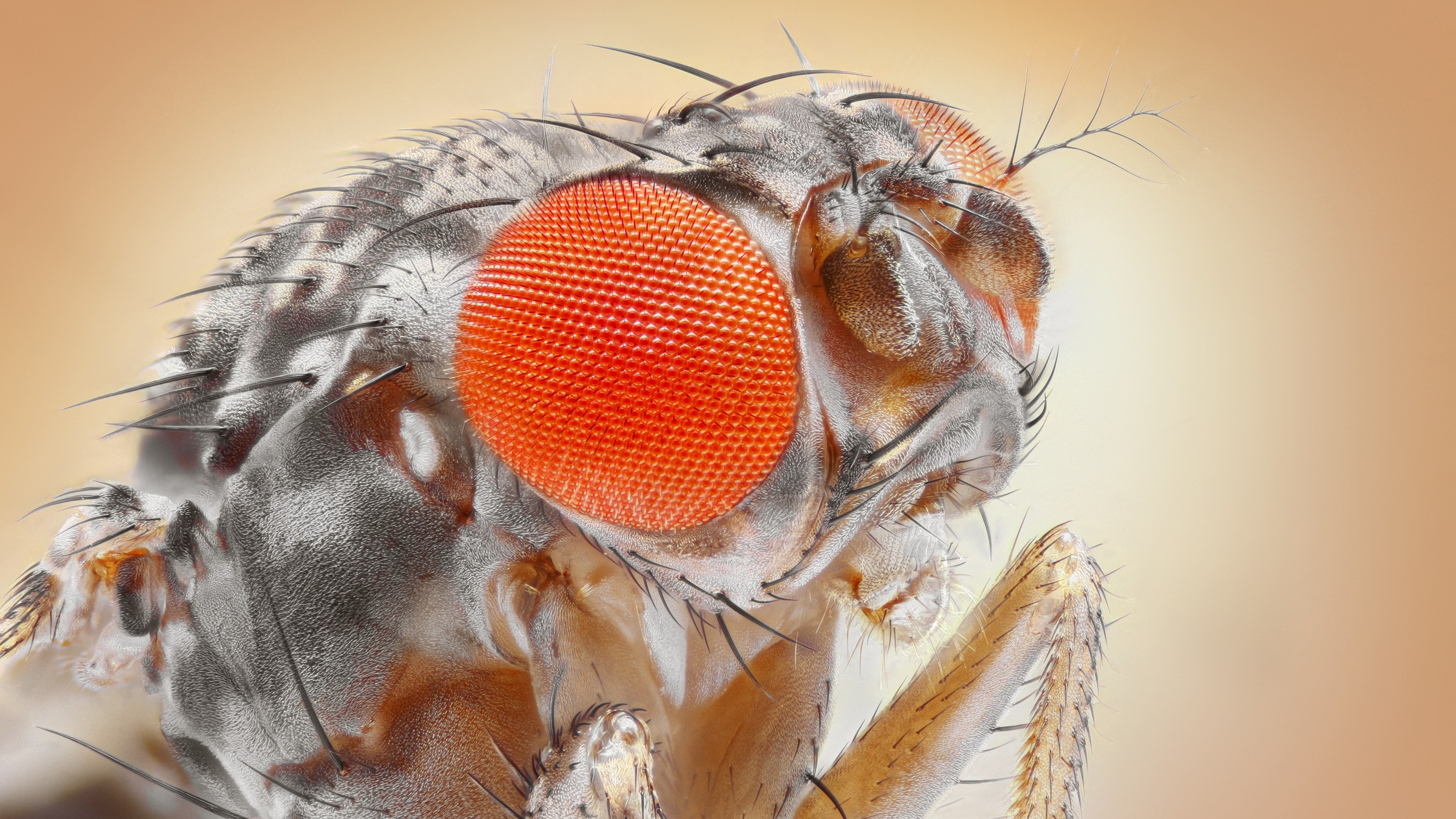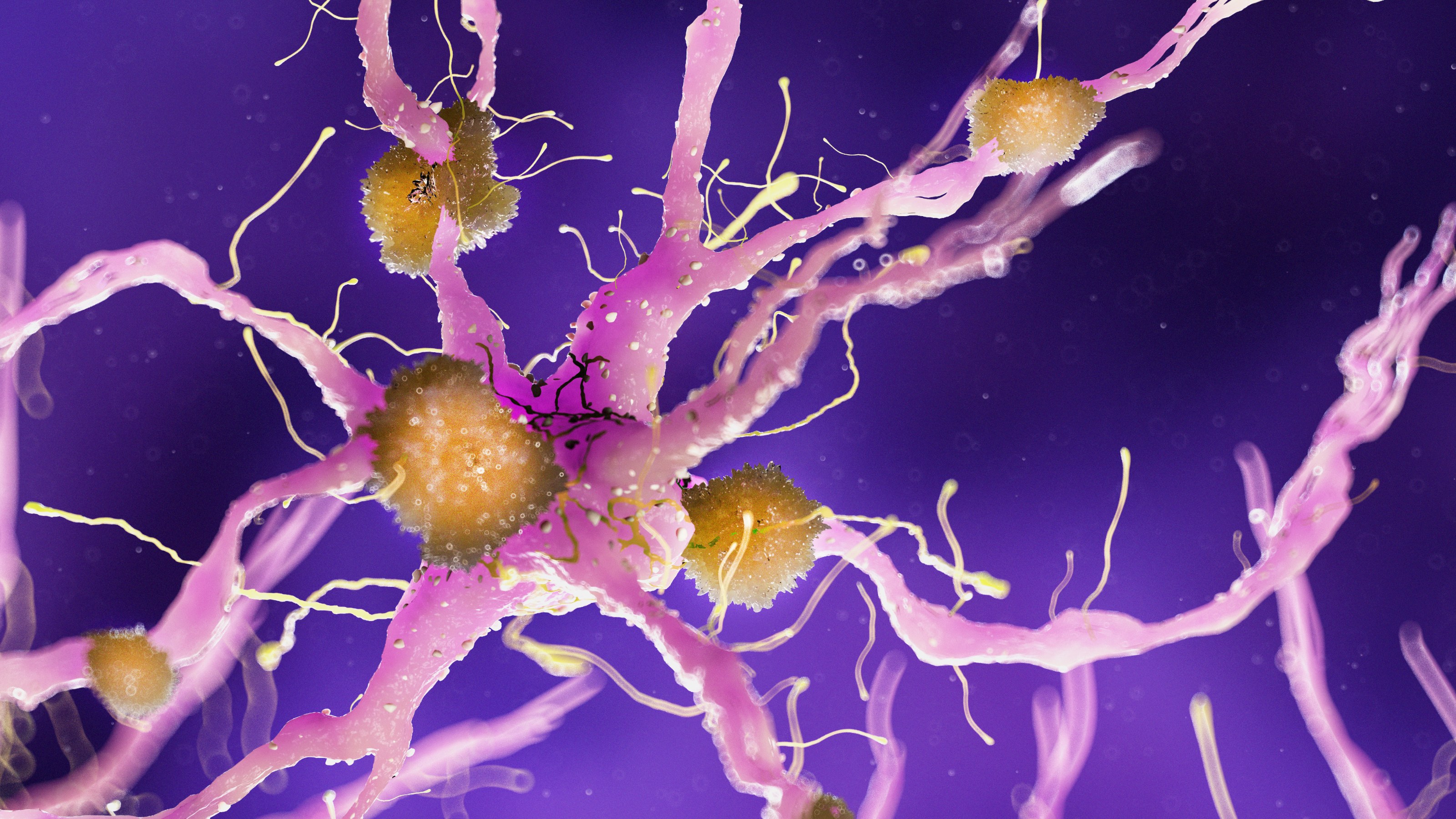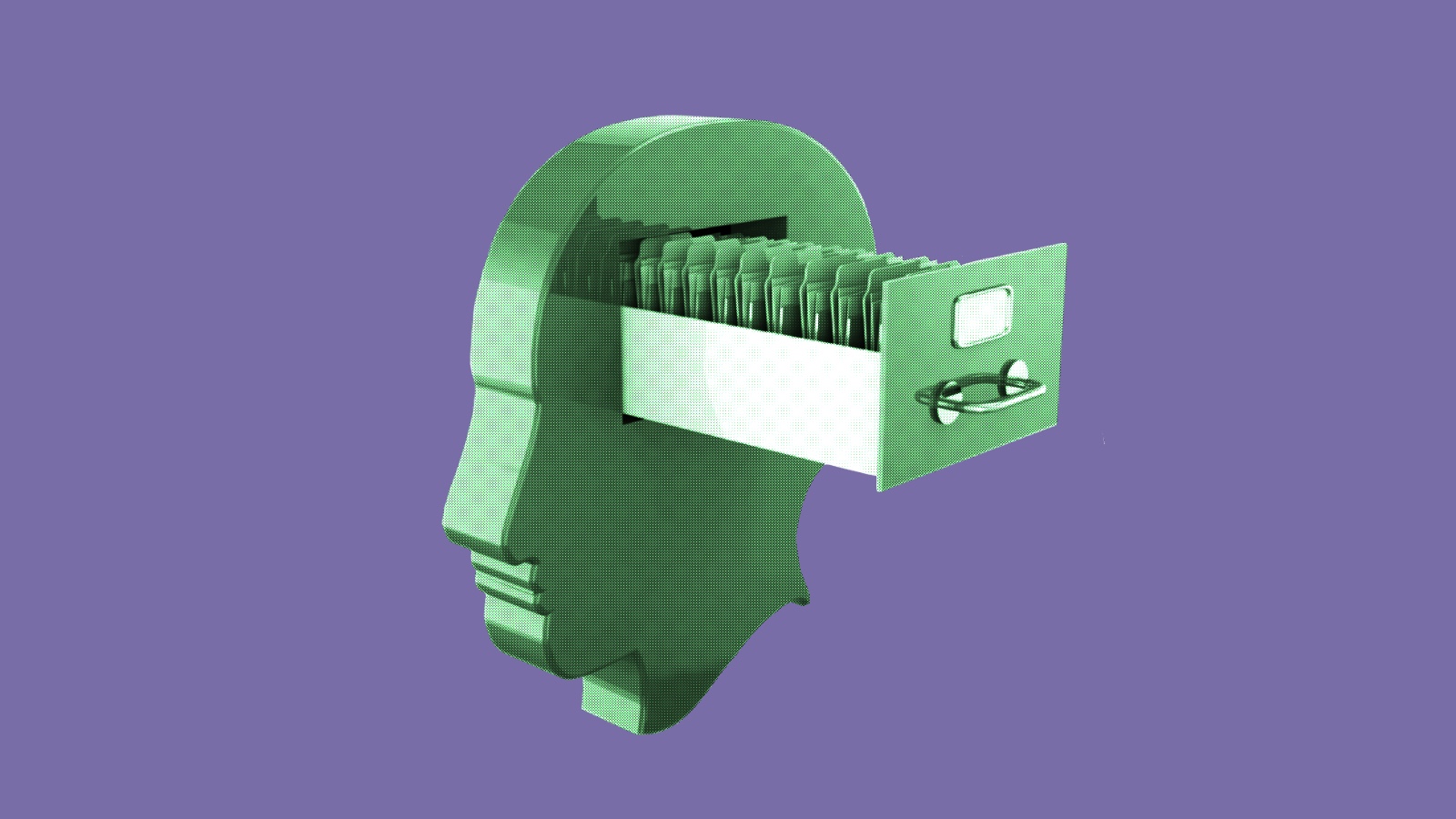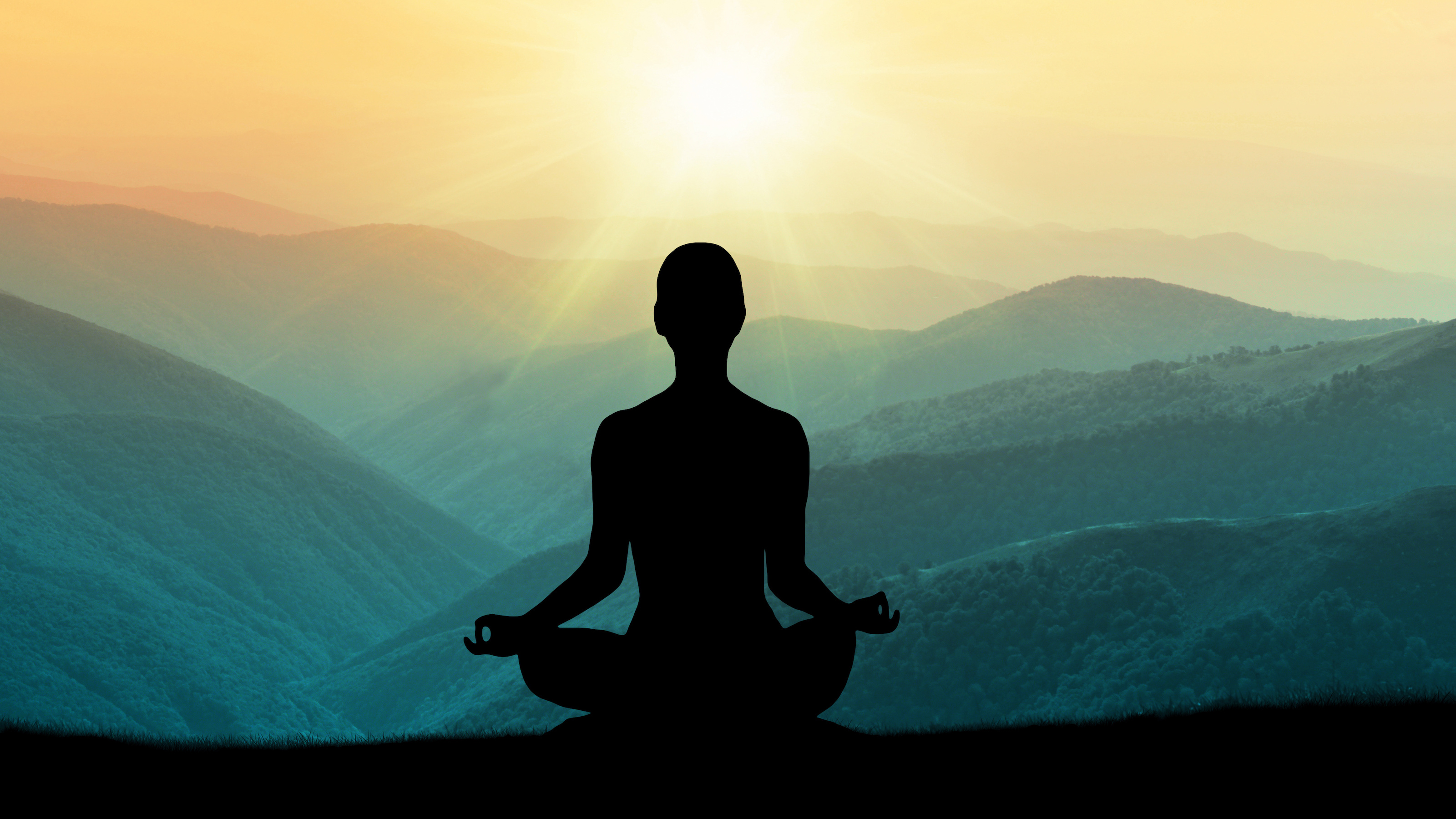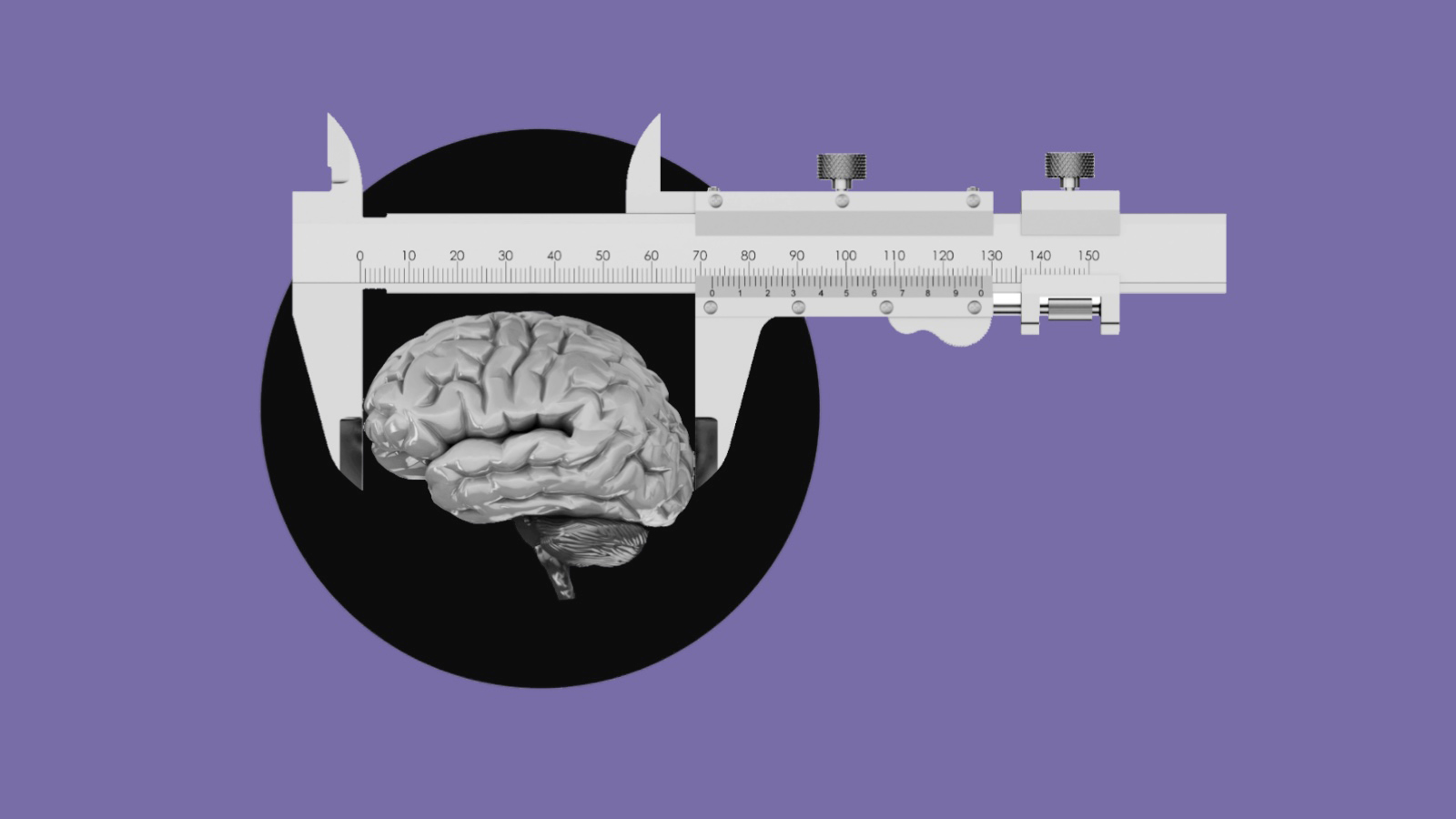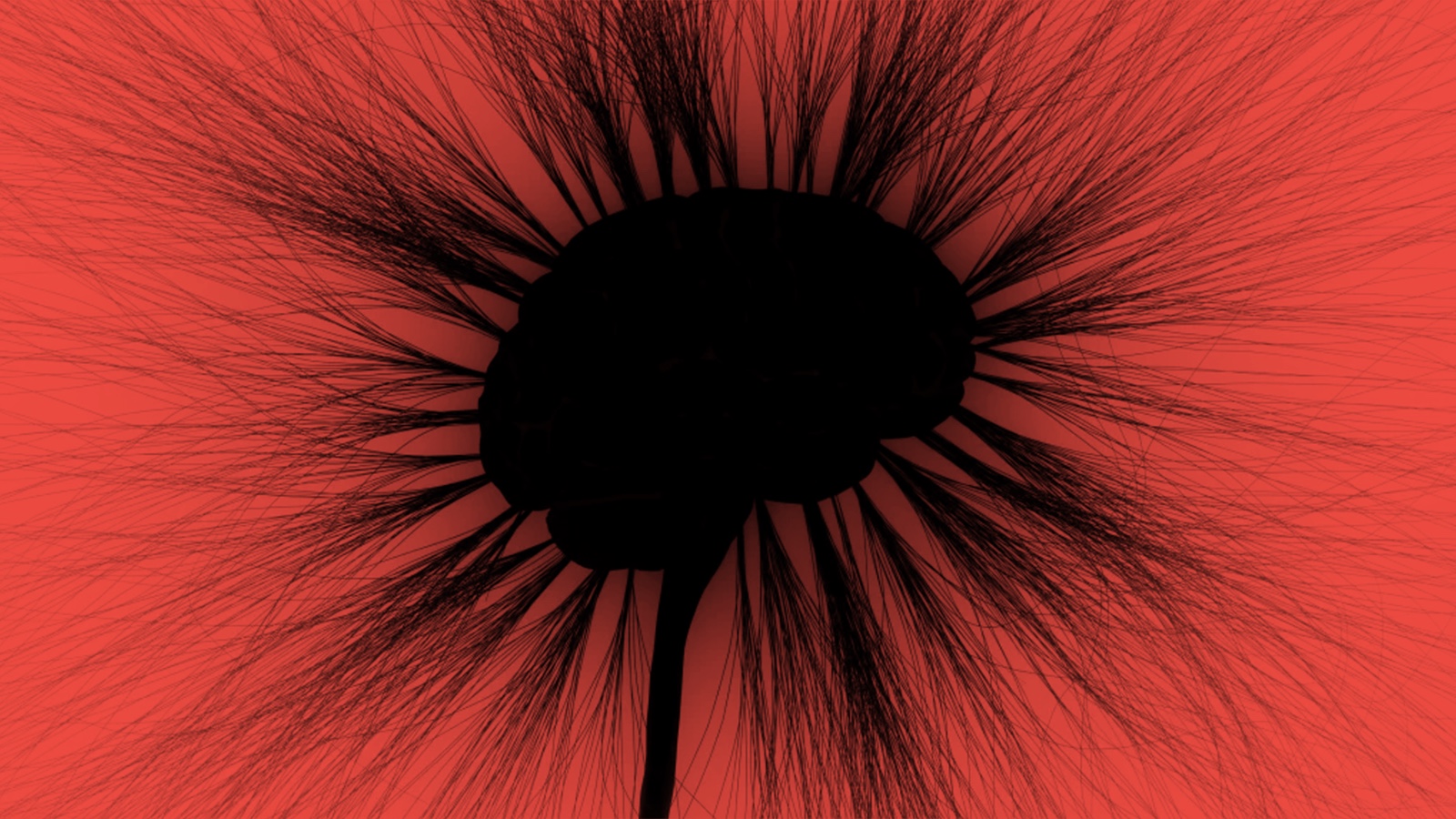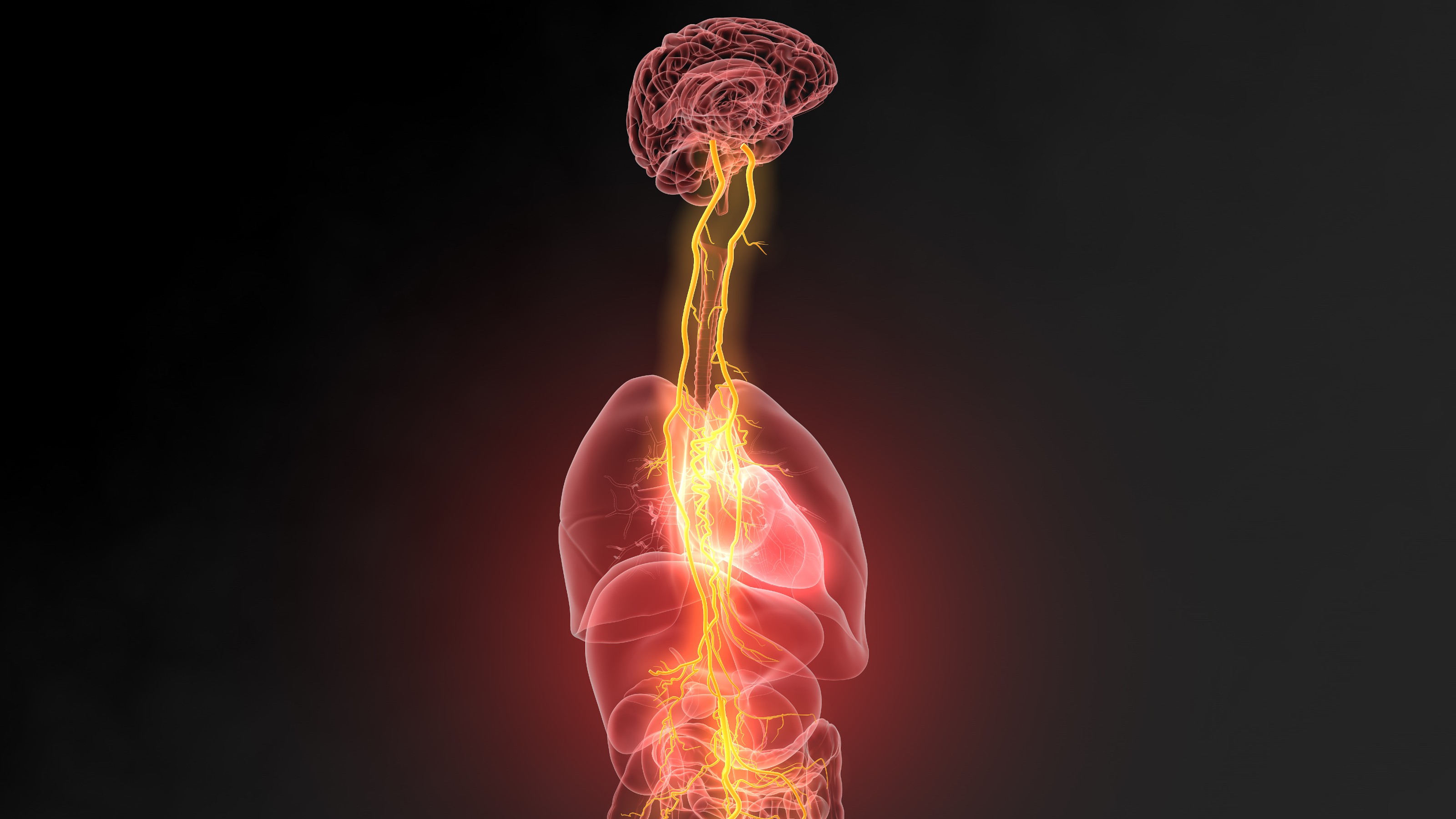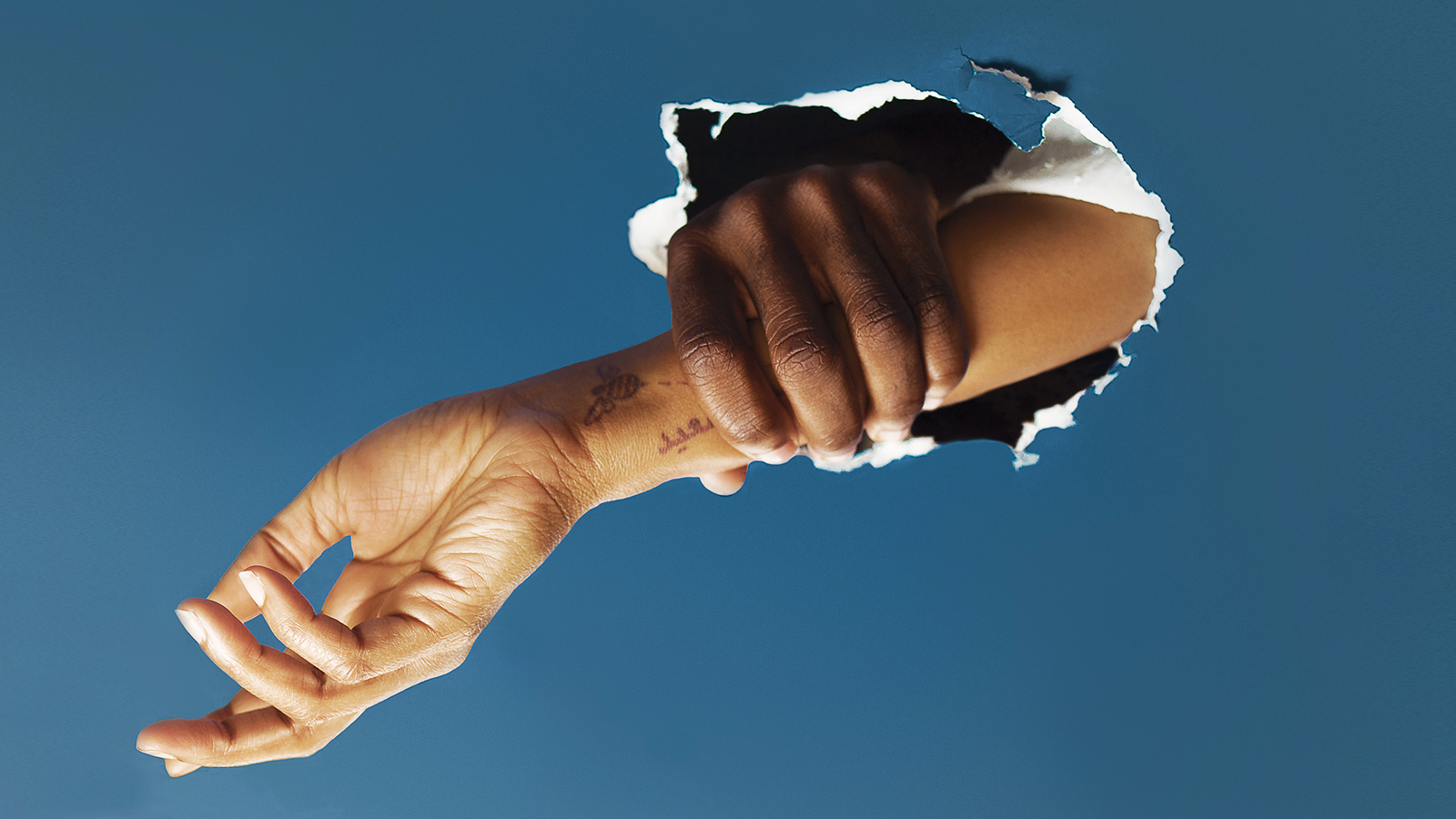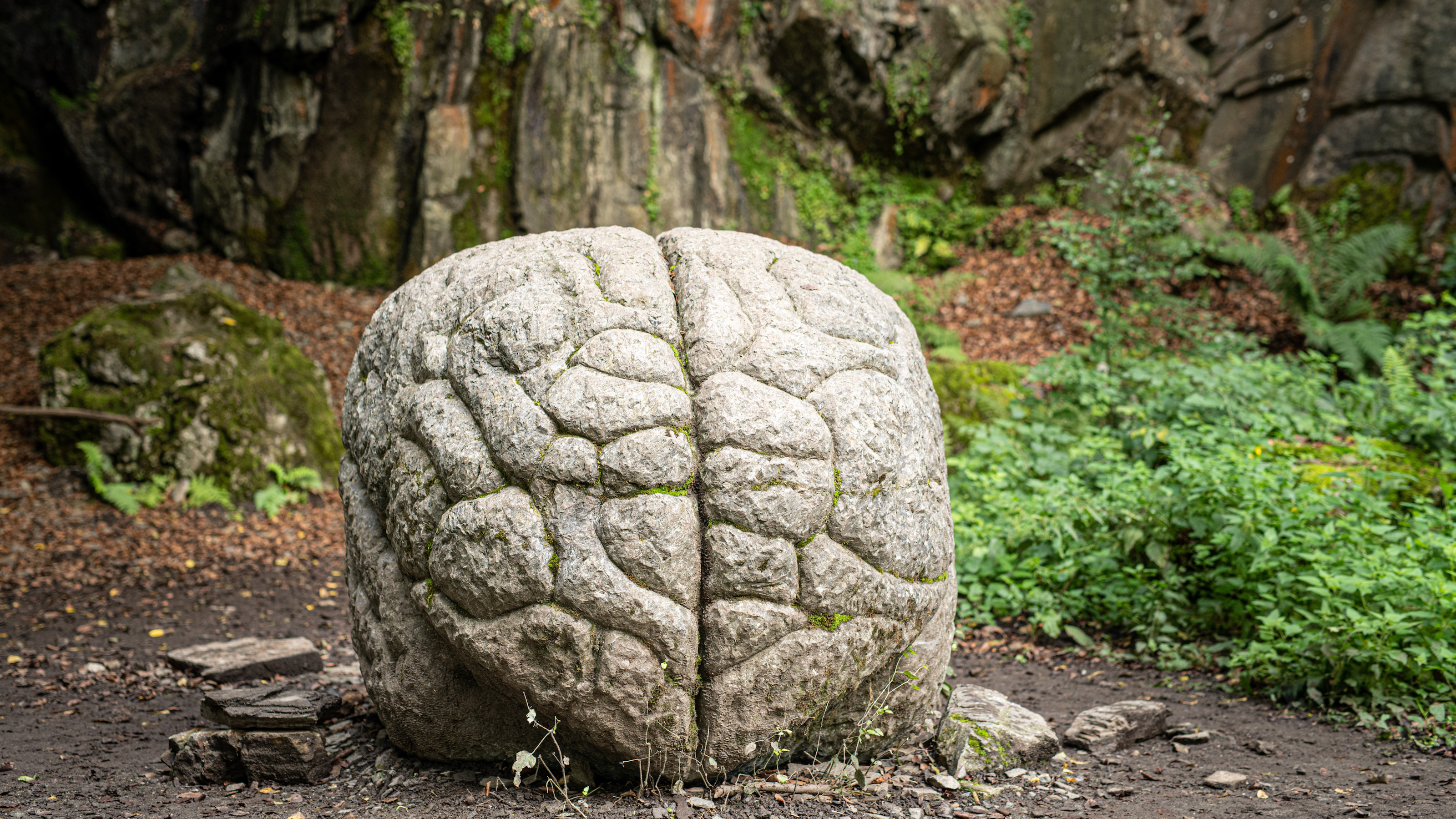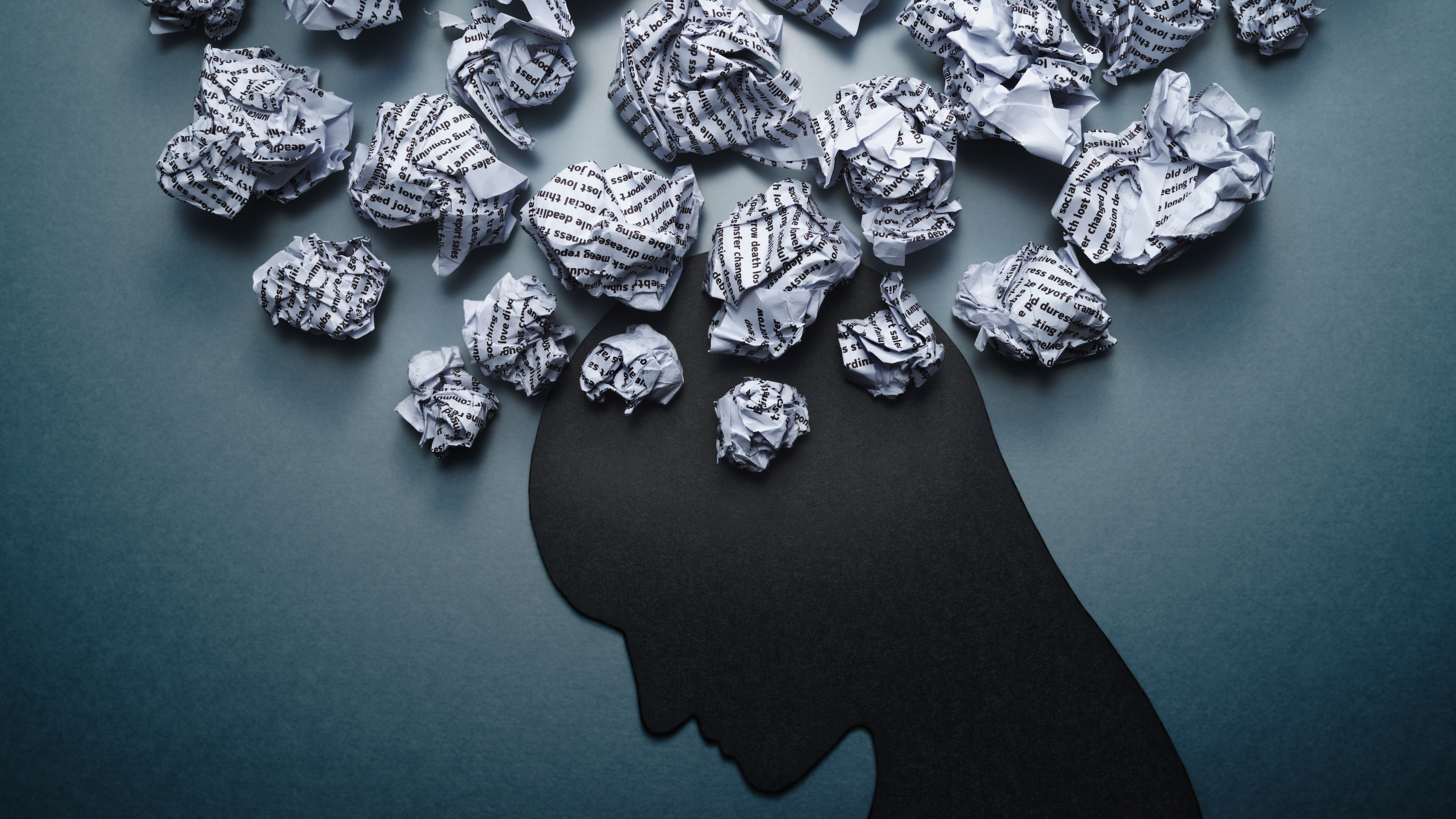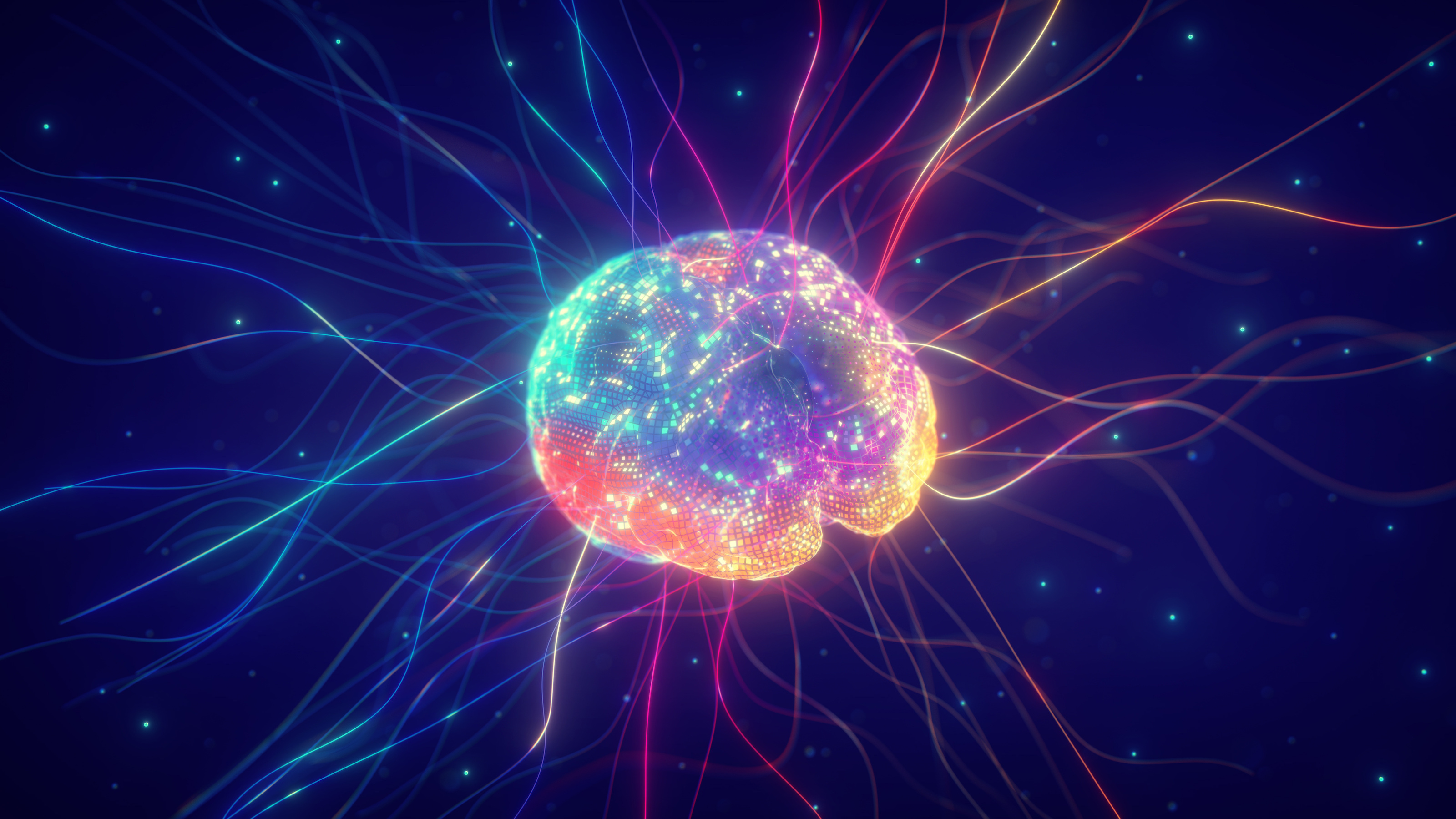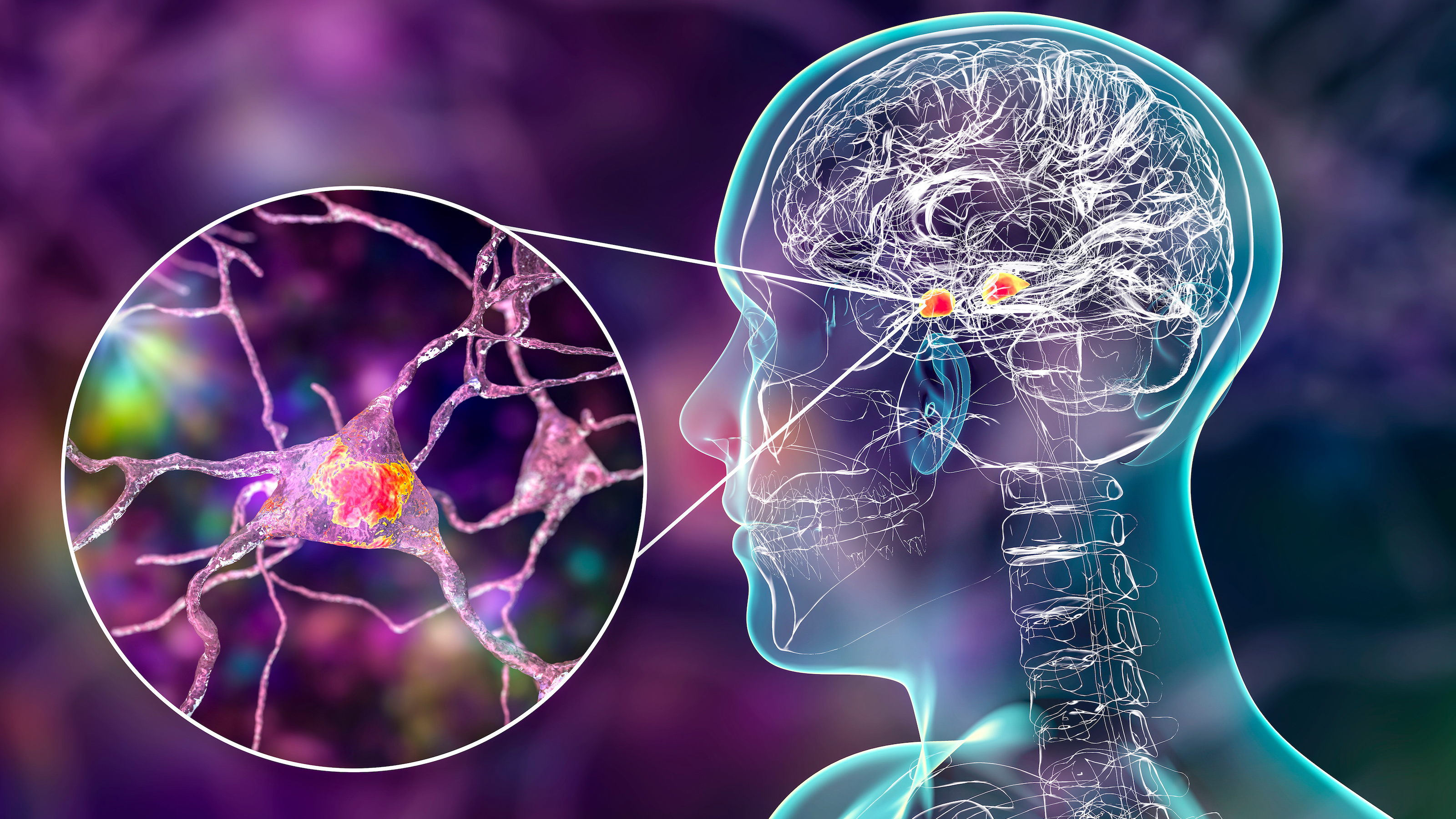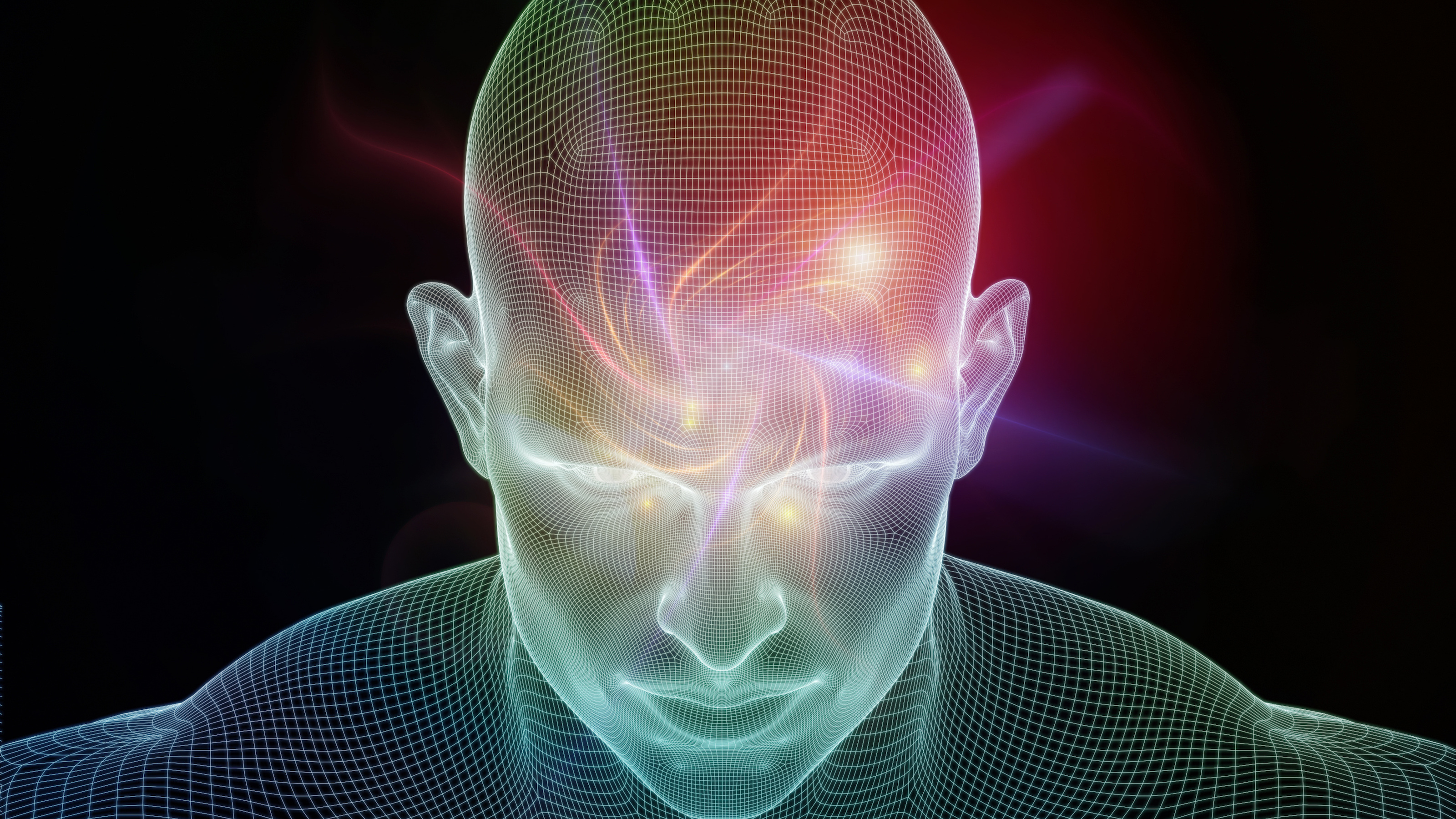Mo Costandi
Moheb Costandi is a freelance science writer based in London. His work has been published in Nature, Science, Scientific American, The Guardian, and New Scientist, among other publications. His latest book is Body Am I: The New Science of Self-Consciousness (MIT Press, October 2022). He also authors the blog Neurophilosophy. Follow him on Twitter @mocost.
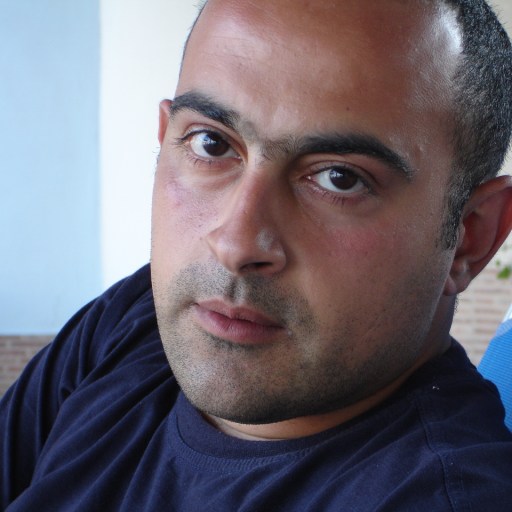
Recent discoveries about bodily awareness have changed how scientists think about the nature of consciousness.
The “love hormone” might be an unexplored treatment for Alzheimer’s disease and other forms of dementia.
Their neurons are very different from “normal” people.
A technique called targeted memory reactivation could improve common treatments for nightmare disorder.
Meditators invert the relationship between the layers of self-processing.
The researchers suggest that their results demonstrate intelligence in silico.
An increase in genetic regulatory elements explains how modern humans evolved bigger brains than other hominins.
The findings of a recent study may help explain why some people are quicker to forget fearful memories.
The key to curbing sugar intake may lie in the gut rather than our tastebuds.
If you’re trying to hide how you feel about something, be careful with your hands.
The separation of conjoined twins is fraught with stomach-churning biomedical and ethical challenges.
One tiny change might have made a huge difference.
We also don’t know how Tylenol works. But it does work.
But don’t buy your own brain zapping machine, yet.
Cognitive fatigue results from thinking too hard and long. Neuroscientists now believe they know why this occurs.
Long thought incapable of regenerating, we now know that brain cells can grow and reorganize. That, it turns out, is a mixed blessing.
Patients with amygdala damage rejected the widely accepted answer to the infamous “trolley problem,” saying that it “hurts too much.”
the human brain remains highly responsive to sound during sleep, but it does not receive feedback from higher order areas — sort of like an orchestra with “the conductor missing.”
A new finding that unconsciously processed images are distributed to higher-order brain networks requires the revision of a popular theory of consciousness.
“How do you feel?” is a simple and commonly asked question that belies the complex nature of our conscious experiences. The feelings and emotions we experience daily consist of bodily […]
